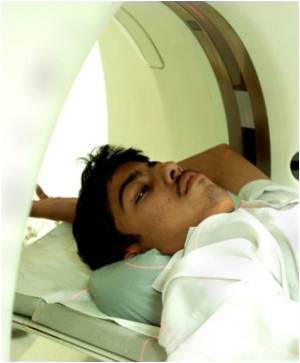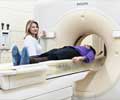
Over the past 10 years, the use of chest CT has increased substantially, and CT image quality has dramatically improved. As a result, many more incidental findings occur. Incidental findings are unexpectedly detected imaging characteristics that are unrelated to the original clinical indication for the CT.
Dr. Gondrie's study is part of the Prognostic Value of Ancillary Information in Diagnostic Imaging (PROVIDI) project, which aims to investigate the relevance of unexpectedly detected imaging findings on chest CT.
"This is the first study to investigate whether incidental findings can predict future disease in a routine care setting," Dr. Gondrie said. "Incidental findings are obtained without additional radiation exposure or cost to the patient and may hold valuable clues as to the patient's overall health and their risk for future disease."
Dr. Gondrie and colleagues developed prediction models incorporating incidental aortic findings detected on chest CT. From a total of 6,975 patients who had undergone diagnostic, contrast-enhanced chest CT for non-cardiovascular indications, a representative sample of 817 patients, plus 347 patients who experienced a cardiovascular event during a mean follow-up period of 17 months, were included in the study. Scores were assigned for incidental aortic abnormalities found on CT, including calcifications, plaques, elongation and other irregularities. Other factors taken into account included the patient's age, gender, and CT indication.
While each aortic abnormality was highly predictive, the prediction model incorporating the sum score for aortic calcifications was most indicative of future cardiovascular events.
Advertisement
Source-Eurekalert












